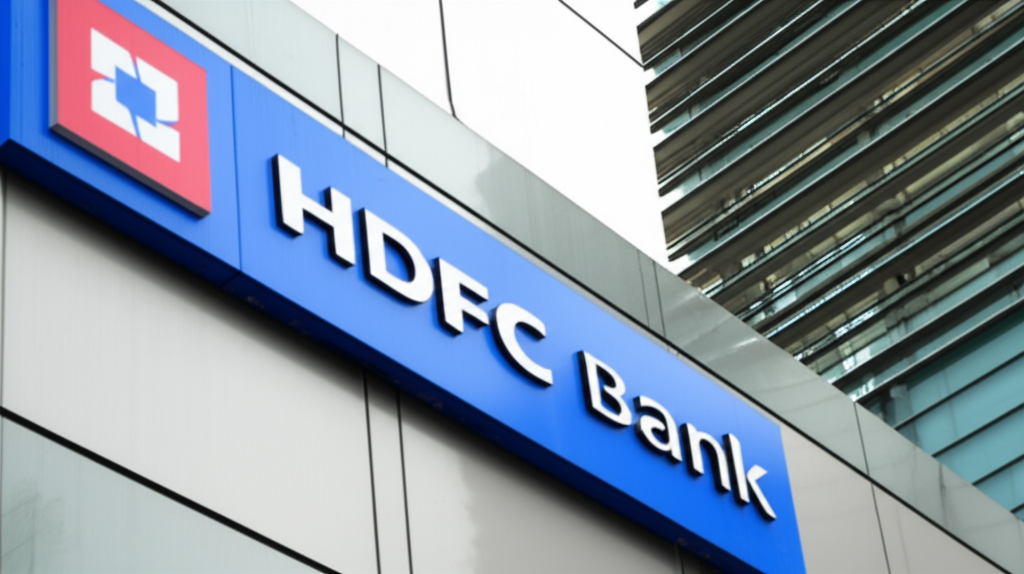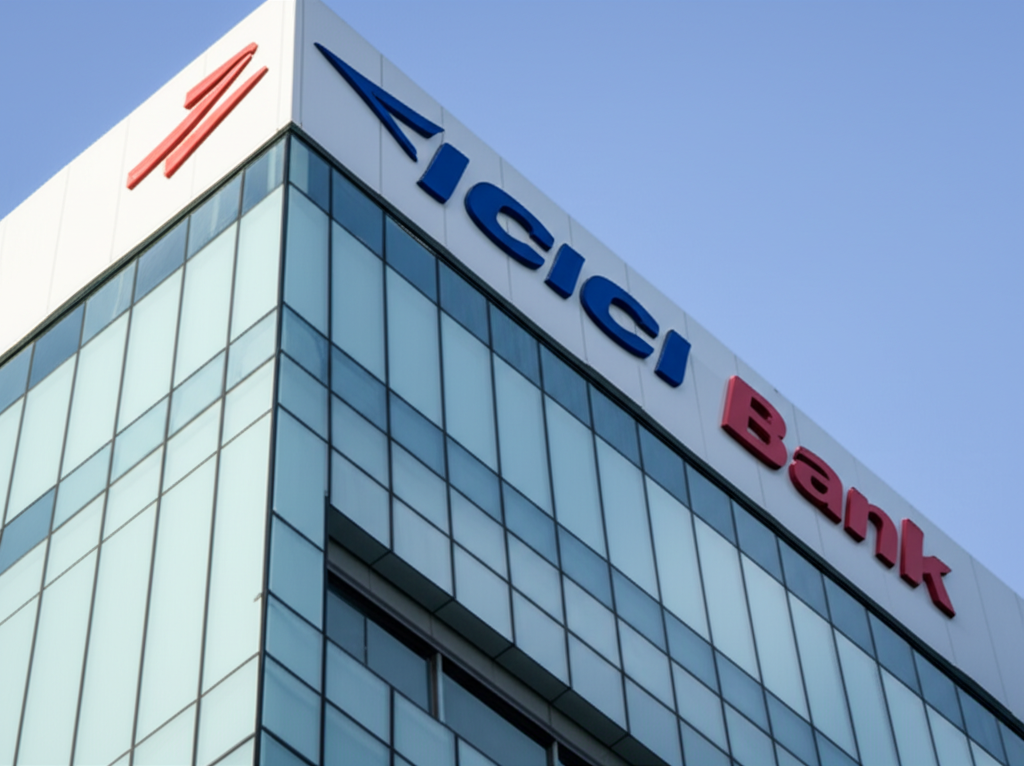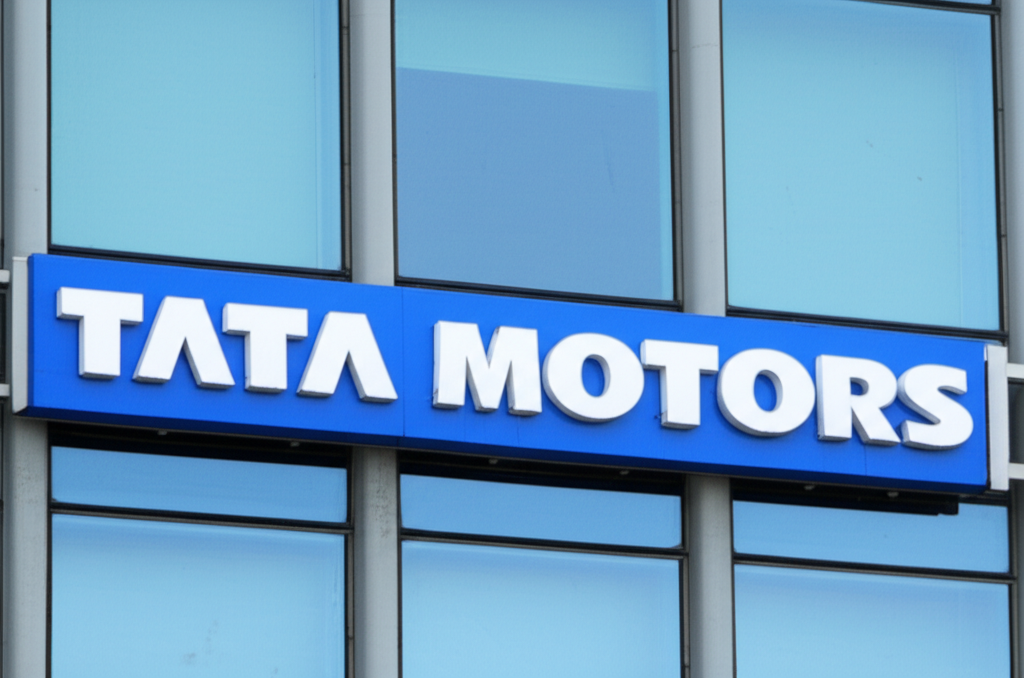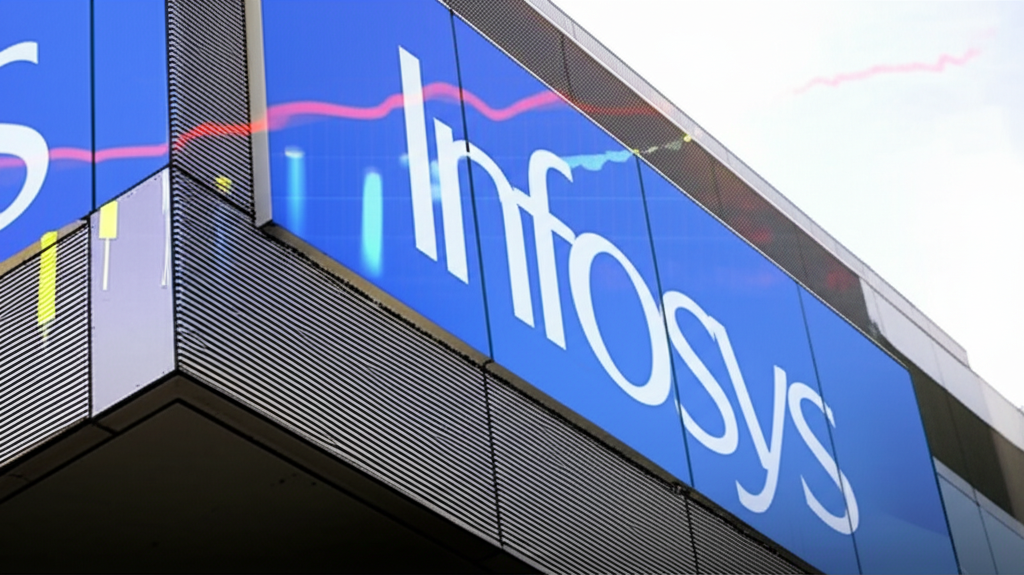Brokerage firms have raised target prices for HDFC Bank shares, with potential increases of 17-22% from current levels.
Introduction
HDFC Bank, one of India’s leading private sector banks, has witnessed a surge in optimism from leading brokerage firms. Several prominent analysts have recently revised their target prices for HDFC Bank shares upwards, projecting potential gains of 17-22% from current market levels. This significant upward revision reflects a positive outlook on the bank’s future performance, driven by a confluence of factors including strong financial results, favorable industry trends, and a generally bullish sentiment surrounding the Indian Banking Sector. This article delves into the reasons behind this heightened optimism, analyzing the bank’s recent performance, market dynamics, regulatory landscape, and potential risks to provide a comprehensive perspective on the Investment opportunity presented by HDFC Bank shares.
Recent Financial Performance
HDFC Bank’s consistent strong financial performance has been a key driver behind the upward revision of target prices. The bank has consistently demonstrated robust loan growth across various segments, including retail, corporate, and MSME (Micro, Small, and Medium Enterprises). Its asset quality has remained relatively stable, indicating prudent risk management practices. The bank’s net interest margins (NIMs) have generally been healthy, reflecting efficient cost management and effective pricing strategies. For instance, [Insert specific data points here, e.g., Q[Quarter] FY[Year] results showed a [percentage]% increase in net profit compared to the same period last year, with a Non-Performing Asset (NPA) ratio of [percentage]%. Cite the source of this data, for example, HDFC Bank’s quarterly financial reports or a reputable Financial News outlet]. These robust financial indicators demonstrate the bank’s resilience and underlying strength, making it an attractive proposition for investors.
Market Trends and Industry Analysis
The Indian banking sector is experiencing a period of significant growth, fueled by increasing financial inclusion, rising credit demand, and government initiatives aimed at boosting economic activity. HDFC Bank is well-positioned to capitalize on this growth, benefiting from its extensive branch network, strong brand recognition, and technologically advanced platforms. The shift towards digital banking and the increasing adoption of fintech solutions are also positive trends for HDFC Bank, given its investments in digital infrastructure and capabilities. [Insert data on the growth of the Indian banking sector and HDFC Bank’s market share, citing reputable sources such as the Reserve Bank of India (RBI) reports, industry analysis reports from firms like CRISIL or ICRA, or credible financial news publications]. Competition remains fierce, but HDFC Bank’s established market position and strong brand equity provide a considerable competitive advantage.
Sentiment Analysis of News Headlines
A sentiment analysis of recent news headlines and analyst reports reveals a predominantly positive outlook on HDFC Bank. The upward revision of target prices reflects a growing consensus among analysts about the bank’s future prospects. Key themes emerging from the news coverage include the bank’s strong financial performance, its ability to navigate economic challenges, and its strategic initiatives to drive future growth. [Provide specific examples of headlines and quotes from reputable financial news sources, highlighting positive and any negative sentiment. For example, cite articles from the Economic Times, Business Standard, Livemint, Bloomberg, or Reuters. Analyze the overall tone – is it predominantly bullish or cautious?]. However, it’s crucial to consider that media sentiment can be volatile and shouldn’t be the sole basis for investment decisions.
Regulatory and Macro-Economic Factors
The regulatory environment in India plays a crucial role in shaping the outlook for HDFC Bank. The Reserve Bank of India (RBI)’s policies and regulations concerning lending, capital adequacy, and risk management directly impact the bank’s operations. [Discuss specific RBI policies and their impact on HDFC Bank. For example, are there any new lending guidelines, capital requirements, or stress tests that might affect profitability? Cite official RBI publications or reports]. Macroeconomic factors, such as inflation, interest rates, and economic growth, also influence the bank’s performance. A strong macroeconomic environment generally favors banks, while a slowdown can negatively impact credit growth and asset quality. [Discuss the current state of the Indian economy and its potential impact on HDFC Bank’s future performance. Include data points on GDP growth, inflation rates, and interest rate forecasts from credible sources like the International Monetary Fund (IMF) or the World Bank].
Risk Factors
Despite the positive outlook, several risk factors could potentially impact HDFC Bank’s future performance. These include:
- Credit risk: A deterioration in asset quality due to unforeseen economic downturns or changes in credit risk appetite could impact profitability.
- Competition: Intense competition from both public and private sector banks could pressure margins and market share.
- Regulatory changes: Changes in RBI regulations could increase compliance costs or impose new restrictions on lending activities.
- Economic slowdown: A significant slowdown in the Indian economy could dampen credit demand and negatively affect asset quality.
- Geopolitical risks: Global uncertainties and geopolitical events can have an indirect impact on the Indian economy and therefore HDFC Bank’s performance.
- Cybersecurity threats: The increasing reliance on digital technologies makes the bank vulnerable to cybersecurity breaches, which could have significant financial and reputational consequences.
Investors need to carefully consider these risk factors before making any investment decisions. A thorough understanding of the potential downside is crucial for informed investment choices.
Future Outlook
The future outlook for HDFC Bank appears promising, based on the confluence of factors discussed above. The bank’s strong financial performance, favorable industry trends, and positive analyst sentiment all point towards continued growth. Its strategic initiatives to expand its digital footprint and cater to evolving customer needs are expected to further enhance its competitiveness. However, the realization of this potential is subject to the mitigation of the risks discussed earlier. [Include projections for future growth based on analyst estimates and industry forecasts. Cite these sources clearly. For instance, mention projected loan growth, net profit growth, and return on equity (ROE) figures]. The bank’s ability to effectively manage credit risk and navigate the dynamic regulatory landscape will be critical to achieving its future growth targets.
Recommendations for Investors
The upward revision of target prices by brokerage firms suggests a positive outlook on HDFC Bank’s future. However, investors should conduct their own thorough due diligence before making any investment decisions. This includes carefully reviewing the bank’s financial statements, understanding the industry dynamics, and assessing the potential risks involved. [Provide specific, balanced recommendations for investors. This could include suggesting a buy, hold, or sell recommendation, depending on the investor’s risk tolerance and investment horizon. Justify the recommendation based on the analysis presented in the article]. Diversification is also recommended, as concentrating investments in a single stock carries inherent risks. Seeking advice from a qualified financial advisor is crucial, especially for investors who lack experience in the stock market.
Disclaimer: This article is for informational purposes only and does not constitute financial advice. The views expressed are those of the author and do not necessarily reflect the views of any financial institution. Investing in the stock market involves inherent risks, and investors may lose money. Always consult with a qualified financial advisor before making any investment decisions.















0 Comments